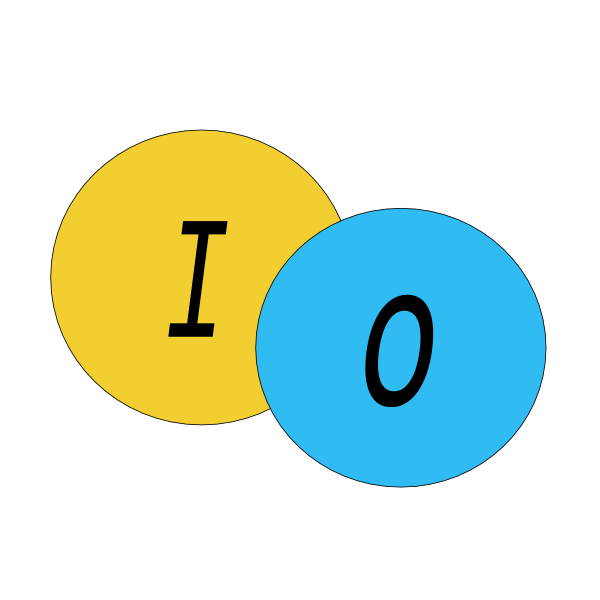pickle utility module¶
First, import the module:
from dataIO import pk
Create a dummy data:
data = {"name": "John", "age": 20, "favorite number": 3.1415926535}
Dump to file:
# by default overwrite is False, to prevent you overwrite existing file
pk.dump(data, "data.pickle", overwrite=False)
# by default it use your python version as the pickle protocol
# but you can always using 2 for python2/3 IO compatibility
pk.dump(data, "data.pickle", pk_protocol=2)
# by default enable_versose is True, if you don't want help information
# you can close it
pk.dump(data, "data.pickle", enable_versose=False)
Dump and compress:
# you just need to change the file extension to .gz
pk.dump(data, "data.pickle.gz")
If while you are overwriting existing file, it is been interrupted by some reason, then it left a incomplete file, and also you lose your old file! I believe you absolute wants to avoid that. In other word, you want atomic write (It fail, otherwise 100% complete), you can use safe_dump() instead:
pk.safe_dump(data, "data.pickle")
Load from file:
data = pk.load("data.pickle")
If you want a default value when data file not exist, you can do this:
data = pk.load("data.pickle", default=dict())
You can easily use pickle to convert any python picklable object to url safe string, so you can put it in database or transfer data via url
class Person(object):
def __init__(self, name)
self.name = name
All you need is:
text = pk.obj2str(person)
This is when you need it back:
person = pk.str2obj(text)
